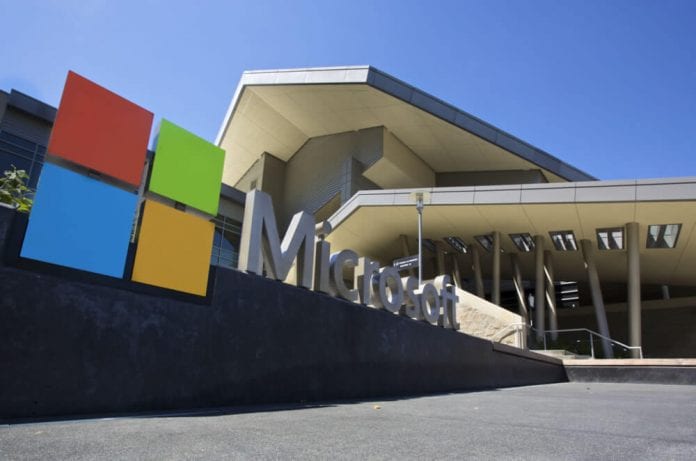
We have all encountered bloatware when we buy a new laptop or personal computer. They just can’t stop preinstalling new software on our new machines together with the Windows 10. We have all been there. On top of being annoying, the bloatware is known to have some serious security repercussions. The bloatware can potentially reduce the operating systems performance and leave users at risk as their data might be stolen.
Fortunately, Microsoft addressed the problem and finally introduced a new program to counter all the negative effects which are felt when someone encounters bloatware. The new program is called Signature Edition. Signature Edition PCs are sold at Microsoft Stores across the US, and they come with nothing else other than the basics, Windows operating system and nothing else. This means that these computers are not as bloated as the other OEM-sold computers. Inadvertently because of this they will run faster and are also safer because they can’t be bloated.
On top of that, Microsoft is introducing a new tool to counter bloatware altogether. The company released a beta of the new tool, which gives consumers an option to download the bloatware or discard it away. The tool, which Microsoft calls the Windows 10 Refresh tool simply downloads a new, clean and fresh Windows 10 from the web, and installs the new and improved operating system.
This action allows it to remove any of the pre-downloaded apps by the OEM, and anything the user might have installed all on their own. This action is different from when performing a clean install from the preinstalled recovery image, which usually just reinstalls the OEMs bloatware.
The Windows Refresh tool allows users to keep their data, which means things such as photos, music and documents are safe and won’t be deleted. If they do want, though, they can also remove these and have a clean new machine.
As of now, only developers connected to the Windows 10 beta test version page can use the tool. Most of them have reported that the tool is still buggy, but that is the whole purpose of a beta release right. They say that the tool is rather instead searching for an older version of Windows 10 installed, rather than the fresher one. Other users are claiming that they can’t save their data, so if you are going to try the beta version, it’s advisable to backup data first.
The bugs will be ironed out before the public release, hopefully. Microsoft has not announced a date for the release yet but keep an eye out. The company might send out the tool during the one-year anniversary of Windows 10, an event where many updates are expected to be rolled out. Since the anniversary is at the end of July, the tool should be expected then also.








